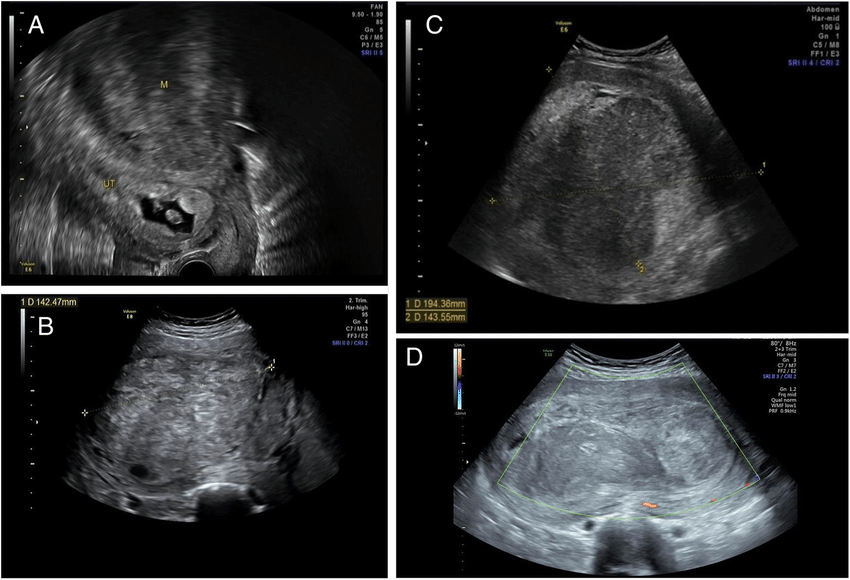Pregnancy is a time of joy and anticipation, but it can also bring its share of concerns, especially if you have fibroids. Fibroids are non-cancerous growths in the uterus, and they can sometimes cause issues during pregnancy. Here’s a simple guide to help you understand and manage fibroids while expecting.
What Are Fibroids?
Fibroids, also known as uterine myomas, are lumps that grow in or on the uterus. They vary in size, from as small as a pea to as large as a melon. Most fibroids are harmless and don’t cause symptoms, but some can lead to problems, especially during pregnancy.
How Can Fibroids Affect Pregnancy?
- Pain and Discomfort: As the baby grows, fibroids can cause pain or discomfort, especially if they are large.
- Bleeding: Some women with fibroids experience bleeding during pregnancy. It’s important to report any bleeding to your doctor.
- Preterm Labor: In some cases, fibroids can lead to early labor.
- Cesarean Section: Fibroids might affect the baby’s position in the womb, which could lead to a C-section delivery.
- Miscarriage: Although rare, fibroids can increase the risk of miscarriage.

What Can You Do?
1. Regular Check-Ups:
- Make sure to keep all your prenatal appointments. Your doctor will monitor the fibroids and your baby’s growth.
2. Manage Pain:
- If you experience pain, rest as much as possible. Using a heating pad or taking acetaminophen (Tylenol) may help. Always consult your doctor before taking any medication.
3. Stay Hydrated and Eat Well:
- Drinking plenty of water and eating a balanced diet can help manage symptoms. Foods rich in fiber, like fruits and vegetables, can be particularly helpful.
4. Follow Doctor’s Advice:
- Your doctor might recommend more frequent ultrasounds to keep an eye on the fibroids and ensure your baby is growing well.
5. Be Prepared for Possible Complications:
- Knowing that fibroids can lead to certain complications, be mentally prepared for the possibility of preterm labor or a C-section.
When to Seek Help?
Always reach out to your doctor if you experience:
- Severe pain that doesn’t go away
- Heavy bleeding
- Signs of preterm labor, like regular contractions before 37 weeks
- Fever or chills, which might indicate an infection
Conclusion
Having fibroids during pregnancy can be challenging, but with regular monitoring and proper care, most women have healthy pregnancies and deliveries. Keep in close contact with your healthcare provider, follow their advice, and take good care of yourself. Your doctor is there to help you navigate this journey and ensure the best outcome for you and your baby.
Remember, every pregnancy is unique, and having fibroids doesn’t mean you can’t have a happy and healthy pregnancy. Stay positive, stay informed, and lean on your healthcare team for support.


